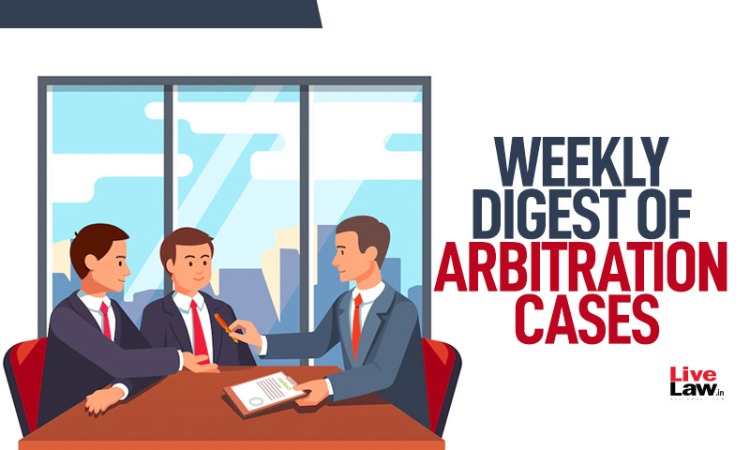Next Story
13 March 2024 11:45 AM IST
Delhi High Court Section 42 A&C | Delhi High Court Terminates Arbitrator's Mandate Who Disclosed Award Prematurely To Party During Proceedings Case Title: Kamladityya Construction Pvt Ltd Vs Union Of India Citation: 2024 LiveLaw (Del) 259 The Delhi High Court single bench of Justice Jasmeet Singh terminated mandate of an arbitrator who disclosed the award prematurely...

